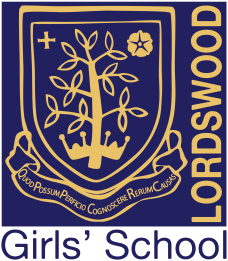Exam board
AQA
Specification
Click here
What is the qualification?
One full GCSE awarded at grades 9 – 1.
What will students be doing on the course? How will it be structured?
Part one of the GCSE is the in depth study of two world religions: Christianity and Islam. Students will be taught the beliefs and practices of the two faiths in relation to the sources of authority in each tradition, in addition to how individuals and communities in the United Kingdom express their beliefs.
In part two of the GCSE, students explore philosophical and ethical studies in relation to the religious traditions of the United Kingdom. This will include studying religious and secular responses to ultimate questions on topics such as abortion, euthanasia, marriage, divorce, 21st century conflict, crime, punishment and human rights.
There will be no coursework which means students can focus their studies entirely on preparation for the end of year 11 examinations. There is plenty of opportunity for discussion and group activities, as well as extended projects and use of digital media.
Assessment
Year 11 Summer Term
Two terminal examinations, both 1 hour 45 minutes.
What skills do students need to develop to be successful at this course?
Students will be given the opportunity to develop your enthusiasm and interest for the study of religion and its relation to the wider world. Students will be required to adopt an enquiring, critical and reflective approach to the study of religion. Students will have the opportunity to develop their own values, opinions and attitudes about a range of current issues.
What could this qualification be used for?
The Religious Education course is valued highly by sixth form colleges and employers because students will study a wide range of topics that raise awareness of different religions, cultures and views. This qualification will support students in a number of professions particularly those involved in working with people including law, teaching, journalism, human resources, medicine, sociology and management.
